Hon. Harry Kamboni, Member of Parliament for Kalomo Central in Southern Zambia, has emerged as one of Africa’s strongest voices for foundational learning — the basic reading, writing, and numeracy skills every child needs to thrive.
Speaking on the sidelines of the Association for the Development of Education in Africa (ADEA) 2025 meeting in Accra, Kamboni reflected on Zambia’s education journey and the urgent need to strengthen the foundations of learning that determine whether a child succeeds or falls behind.
> “Foundational learning, some time back — during my time — was well done,” he said. “But as we went on, it was neglected.”
A Crisis in the Classroom
Kamboni painted a stark picture of the realities facing many Zambian schools, where population growth has outpaced infrastructure and teacher recruitment. The result, he said, is overcrowded classrooms and widening learning gaps.
“I visited a school in my constituency with about 1,500 students — and 700 of them were in catch-up classes,” he recalled. “These are learners who have moved through grades without mastering the basics. They can’t read, can’t write, can’t add.”
To close these gaps, Zambia’s Catch-Up Programme — which uses the Teaching at the Right Level (TaRL) approach — has become a lifeline for struggling learners. The initiative brings children together for interactive, play-based, and ability-level lessons, helping them relearn core skills.
“Catch-Up has given them a second chance,” Kamboni said. “For years, some couldn’t read or write, but now they’re showing innovation and creativity.”
Leading Reform From Parliament to the Classroom
Before entering politics, Kamboni spent 15 years teaching in Botswana, an experience that shaped his belief in education as a tool for transformation. Today, he chairs Zambia’s Parliamentary Committee on Education, Science and Technology and also sits on the National Guidance and Gender Matters Committee.
Beyond Parliament, he runs Mayake Primary School in his constituency, where more than 200 children receive free, quality education.
Through his legislative work and hands-on experience, Kamboni has helped elevate foundational learning to the top of Zambia’s policy agenda. His committee co-launched a policy briefing with other MPs and led the country’s first parliamentary inquiry into the state of early learning.
“When I sat in that classroom and saw the magnitude of the challenge, it changed how I looked at education,” he said. “When you educate a Member of Parliament, you educate the whole constituency — because they take that knowledge back home.”
Turning Advocacy Into Policy
Kamboni’s leadership has already produced tangible results. After his committee presented findings to the Ministry of Education, Zambia doubled its budget for foundational learning this year.
“Even though 100 percent is still not much, it’s a step forward,” he said. The committee also pushed for new curriculum reforms to ensure that early learning receives dedicated teaching materials.
> “We made sure foundational learning now has the textbooks it needs,” he added. “And we insisted that these materials be authored locally, so learners see themselves in what they read.”
Zambia’s Catch-Up programme now reaches over 550 schools across Eastern and Southern provinces, supported by teachers trained in interactive, learner-focused methods. The use of seven major local languages in instruction has further improved engagement and comprehension among children.
The Challenge of Overcrowding
Despite these strides, overcrowded classrooms remain a serious challenge. “In some rural schools, you find only two qualified teachers handling pupils from Grade One to Seven,” Kamboni said. “I visited one school where one teacher was responsible for 99 learners. You can imagine the challenge.”
Still, he insists that access must come first. “Is it better for a learner to be at home or at school?” he asked. “When a child is in class, they don’t just learn to read and write. They learn discipline, leadership, and how to live in society.”
Building Partnerships for Sustainable Change
Kamboni believes that domestic financing must be matched with partnerships across the education ecosystem. While Zambia has managed to close some funding gaps left by reduced donor support, he insists, “Education takes the whole village. You can’t do it alone — not as a government, and not as a country.”
He also advocates for stronger collaboration among African parliaments to share best practices. His committee plans exchange visits to countries like Rwanda, Kenya, and South Africa, which have made strong gains in early learning.
“When MPs are involved, implementation becomes real,” he said. “We make sure what’s written in reports actually gets done.”
Kamboni cites Rwanda as a model worth emulating. “They’ve reached the 20% education budget target, every primary child has a laptop, and their infrastructure and Wi-Fi coverage are impressive,” he said. “When you meet Rwandan students abroad, you see how well they’ve been supported by their government.”
‘You Can’t Build Without a Foundation’
For Kamboni, the lesson is clear: foundational learning is the cornerstone of national development. “If you don’t shake up Members of Parliament, you can’t use them to bring change,” he said.


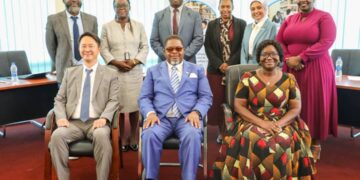


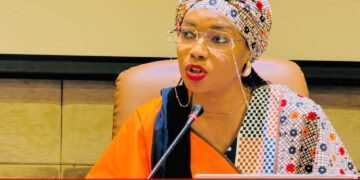

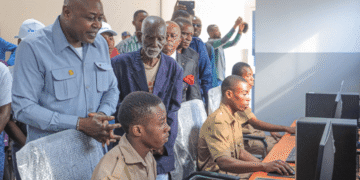


















































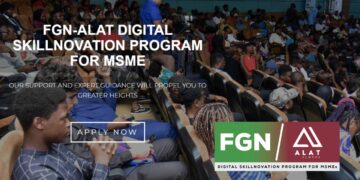
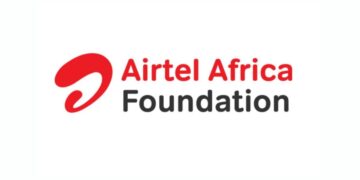



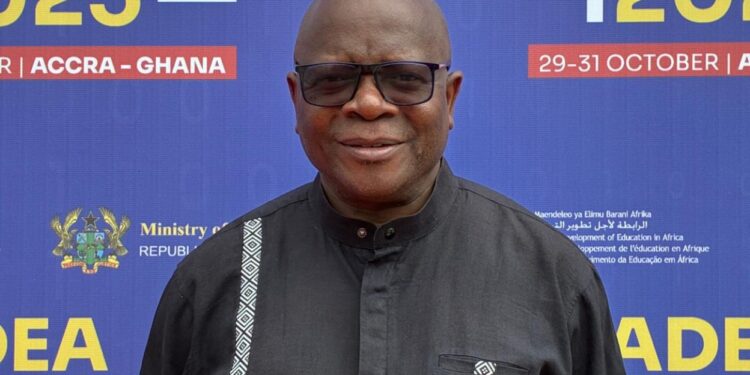




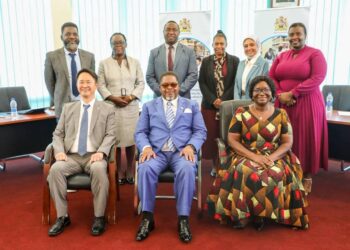
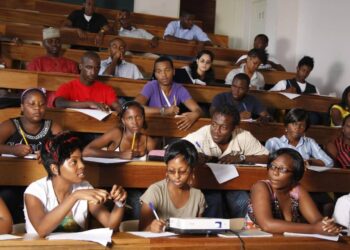

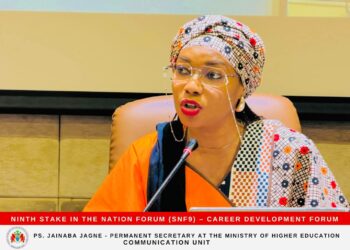
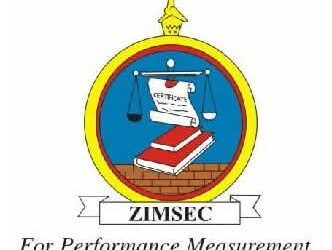
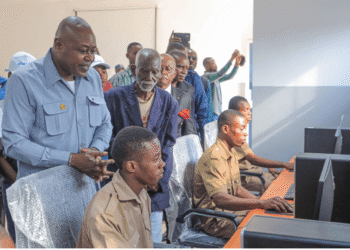










 EduTimes Africa, a product of Education Times Africa, is a magazine publication that aims to lend its support to close the yawning gap in Africa's educational development.
EduTimes Africa, a product of Education Times Africa, is a magazine publication that aims to lend its support to close the yawning gap in Africa's educational development.

